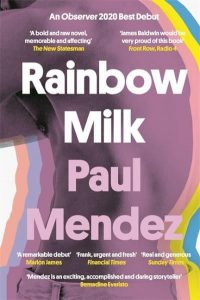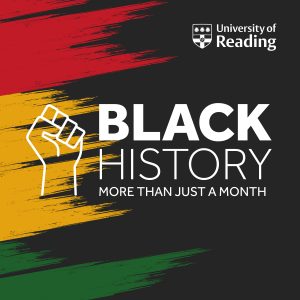The long, wintry days provide an ideal opportunity for some recreational reading so Library staff have provided some personal recommendations for some of the books purchased recently using the Library’s Diversity fund:
Rainbow Milk, by Paul Mendez

Chosen by Sharon Hill, Collections Services
The story of Jesse McCarthy; a young, black Jehovah’s Witness from Wolverhampton. Jesse is also gay; a total no-no in his religion. After being cast out from his faith and a pariah in his family home, he travels to London in search of a new life, a new community and a new purpose.
Sharon says: I was very moved by this book. Despite his conflicting feelings, Jesse’s irrepressible spirit shines through and he finds self-acceptance and joy against the odds.
A Room Called Earth, by Madeline Ryan 
Chosen by Sue Crawford, Library User Services
A neurodiverse young woman’s experience of a party. Minutely attuned to those around her, she alternates between profound connection, alienation and being overwhelmed.
Sue says: “Touchingly written insight into the highs and lows of compulsive attention as the main character gets ready for a party and the experience of it when she gets there. Her back story is revealed along the way.”
In Black and White, by Alexandra Wilson

Chosen by Tim Chapman, Academic Liaison Librarian
Alexandra Wilson, a newly qualified barrister, gives a real and personal perspective on what it’s like being a mixed-race woman at the bar. It’s a fascinating read – compelling, worrying and surprising. Not all is right with our Criminal Justice System, but somehow Alexandra strikes the right note in making us understand that people like her can make a difference.
Tim says: “Compelling writing that doesn’t get bogged down in legal jargon. If you want to know what life is really like for a young, mixed-race woman working in the law, go no further. I couldn’t put it down.”
Want to recommend a title to diversify our collections? Find the link under the Books tab of any of our Diversity LibGuides or contact your Academic Liaison Librarian.
Library Diversity & Inclusion Group
 Today’s the final day of our Masters Dissertation Fair. We hope you’ve found the sessions useful if you attended. But don’t worry if you couldn’t make it! The slides from the sessions are available on the dissertation fair guide and we have lots of other support for you…
Today’s the final day of our Masters Dissertation Fair. We hope you’ve found the sessions useful if you attended. But don’t worry if you couldn’t make it! The slides from the sessions are available on the dissertation fair guide and we have lots of other support for you…



 Small Island, by Andrea Levy
Small Island, by Andrea Levy Wondering about how to start researching and writing your Masters dissertation or project? Why not book onto the
Wondering about how to start researching and writing your Masters dissertation or project? Why not book onto the 

 So, you may have just finished your exams but now you have to turn your attention to your dissertation. Where do you begin and how can you ensure you stay on track? Below are our Study Advice and Library tips to help you get started and stay focused.
So, you may have just finished your exams but now you have to turn your attention to your dissertation. Where do you begin and how can you ensure you stay on track? Below are our Study Advice and Library tips to help you get started and stay focused. 








